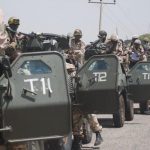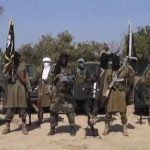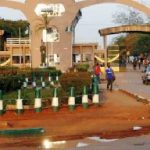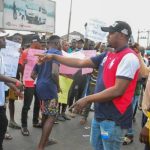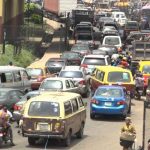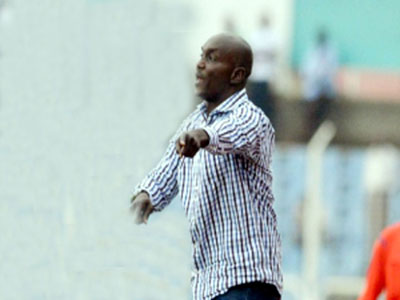Demobilised rebel fighters blocked a main road into Ivory Coast‘s second city on Monday, demanding the payment of bonuses and jobs in the army and state institutions.
The former fighters, some wearing balaclavas or their faces blackened with ashes, set up barricades, sealing off the main road south from Bouake, the centre of a wave of army mutinies that paralysed the world’s top cocoa grower earlier this year.
A witness and a soldier, who was not part of the group, said they saw several hundred demobilised fighters, some armed.
“We’re asking for President Alassane Ouattara to have a thought for his sons, who have suffered for 15 years,” Amadou Ouattara, who described himself as the spokesman for the group, said.
Split from 2002 to 2011 between rebels in the north and government forces in the south, a successful post-war recovery has seen Ivory Coast become one of the world’s fastest growing economies. However, this year’s unrest has exposed deep divisions in the military.
Defence Minister Alain-Richard Donwahi said the protesters, that he said numbered only around 50 and were unarmed, were brought to the local government headquarters for discussions and said the roadblocks had been cleared.
“The situation is calm,” he said. “Order has been re-established.”
However, Ouattara, the group’s spokesman, said that while they had agreed to talks, they were continuing to block the road.
A Bouake resident, who said she briefly heard gunfire, confirmed they were still there, and some had ordered civil servants at the nearby offices of the national tax authority to leave the building.
“Some of them have weapons but many of them don’t,” said Isabelle Kouassi, whose bus was turned back as it attempted to leave the city. “They’ve blocked everything.”
Ouattara said the Bouake protesters represented some 6,800 former fighters across the country who were demobilised after civil war ended in 2011.
They are demanding the payment of bonuses worth 12 million CFA francs ($20,000) each as well as positions in the armed forces and government services, he said.
The government agreed earlier this year to pay some 8,400 active duty soldiers that amount as part of a deal to end the mutinies that first erupted in Bouake in January before spreading to other cities.


